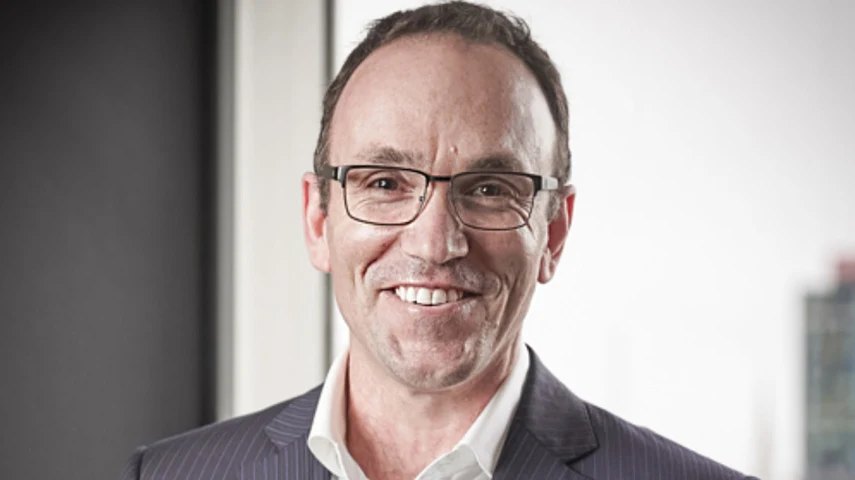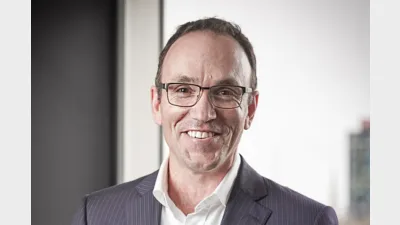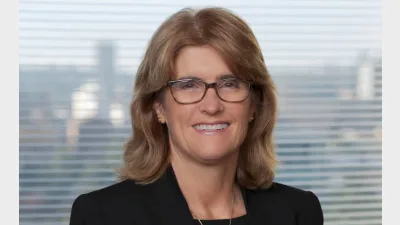Expert says that ESG is ‘maturing’, not going away



While Australian companies could face starkly different climate-related reporting regimes depending on which way the election swings, a sustainable investment specialist says ESG is poised to “mature”, not disappear.
The Coalition has pledged that, in the event of an election victory this year, it would roll back the Labor government’s new climate-related financial disclosure regime.
Namely, laws that came into effect from 1 January impose mandatory climate reporting requirements on Australia’s biggest listed and unlisted companies and financial institutions, with other large businesses to be phased in over time. It is expected to apply to over 6,000 entities once fully implemented.
However, Dugald Higgins, head of responsible investment and sustainability at Zenith Investment Partners, is adamant that sustainability isn’t dictated by political cycles, but is rather driven by “economic and environmental realities”.
“ESG and sustainability aren’t disappearing; they are maturing,” Higgins said.
In conversation with Super Review sister brand InvestorDaily on Tuesday, the Zenith executive said that what a maturing sustainability framework might look like for Australian companies remains to be seen, but will likely include a shift from “statements to demonstrable action”.
“I think we’re probably already on the cusp now of starting to see information from groups coming out to say, ‘OK, here’s what we’ve actually done in the last couple of years,’, and an easy one to look at is on emissions reporting,” Higgins said.
“We already have funds who have been engaged in emissions reporting for a number of years, and you’re starting to see those numbers trend down somewhat. So I think maturity is going to be starting to see that sort of evidence become more mainstream, because it is still very much around the fringe.”
According to him, stewardship will also play a larger role, but he expects the realisation of this stewardship to be realised in a number of years, as opposed to overnight.
“There’s a lot of noise that gets made about, ‘Oh, we pull the stewardship lever to influence companies.’ Maybe you do, maybe you don’t, but where is the evidence? Because stewardship is typically a multi-year proposition,” Higgins said.
“You’re not going to find much in the way of quick wins in 12 months on serious stewardship issues. And so I think it’s about being able to demonstrate what a [company’s] path on a stewardship issue looks like over time.”
Separately, Higgins also previously said that, regardless of political shifts, businesses will continue to determine what environmental, social, and governance (ESG) factors are material to their operations.
This comes as a significant majority of ASX 200 companies are already reporting, or have committed to reporting, under the Taskforce on Climate-related Financial Disclosures (TCFD) framework.
“Businesses decide what is material to their business. These companies have already invested in sustainability reporting and they are unlikely to stop,” Higgins said in a note earlier this week.
“While today’s challenges may temporarily slow momentum, they will also shape a more sophisticated and economically driven approach to ESG.
“Despite these shifts, it doesn’t mean ESG is being abandoned, they are just going to be more focused on ESG and sustainability as a driver of economic opportunities and demonstrating the value of these policies.
“Changes to green energy incentives and other sustainability-focused investments can reflect populist policies, but they don’t change the long-term drivers of decarbonisation.”
Global environment under Trump 2.0
Reflecting on the global predicament, especially given the change in leadership in the US, co-chiefs of the Responsible Investment Association of Australasia (RIAA), Estelle Parker and Dean Hegarty, said on Wednesday that good investors “think long term, well beyond a four-year presidency”.
“Regardless of who is in the White House, the global transition to a low-carbon economy continues, and investors remain focused on managing risks and opportunities that will shape the decades ahead,” the pair said.
Moreover, the co-CEOs pointed to recent Morningstar data that found that global sustainable fund assets reached a record high of US$3.2 trillion at the end of 2024, an 8 per cent increase from the previous year.
“Despite a decline in inflows during the year due to factors like some underperformance of ESG strategies, greenwashing concerns and anti-ESG sentiment, sustainable funds saw a strong rebound in Q4, with inflows rising to US$16 billion from US$9.2 billion in Q3,” they said.
Recommended for you
Advice licensee Centrepoint Alliance has entered an agreement to acquire the comprehensive financial advice book of the super fund’s subsidiary firm.
A coalition of industry groups including the SMSF Association is demanding the government and the opposition “immediately and unequivocally rule out any move to tax unrealised investment gains in any part of the tax system”.
AMP’s new chair has used his inaugural AGM address to call for policy reform on the “decumulation” phase of superannuation and position AMP as a key player in addressing the challenge.
Reserve Bank governor Michele Bullock has quashed hopes of an out-of-schedule rate cut, telling an event in Sydney that it remains too early to determine the trajectory of interest rates as the RBA grapples with growing global economic volatility.












